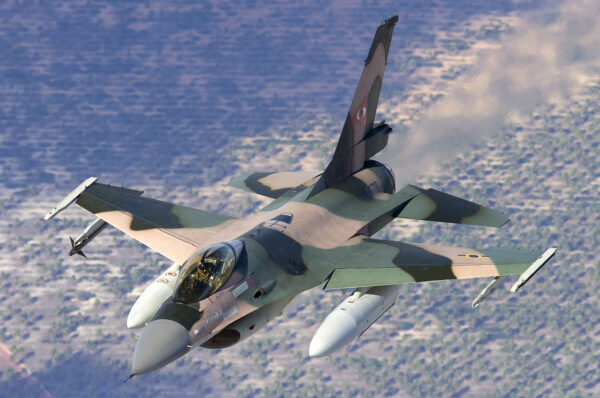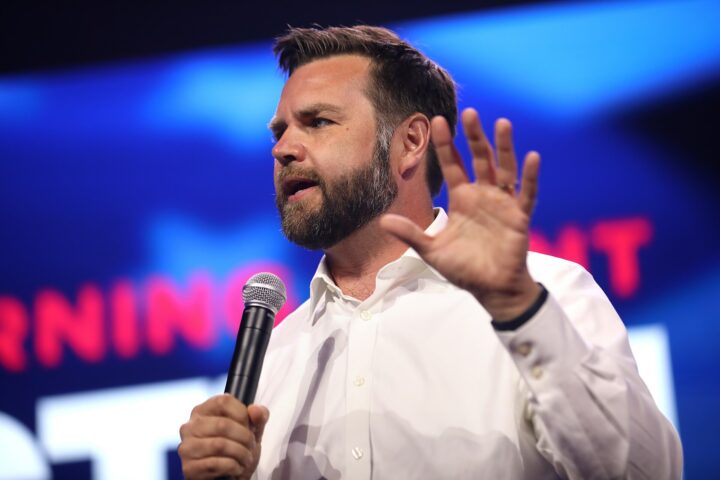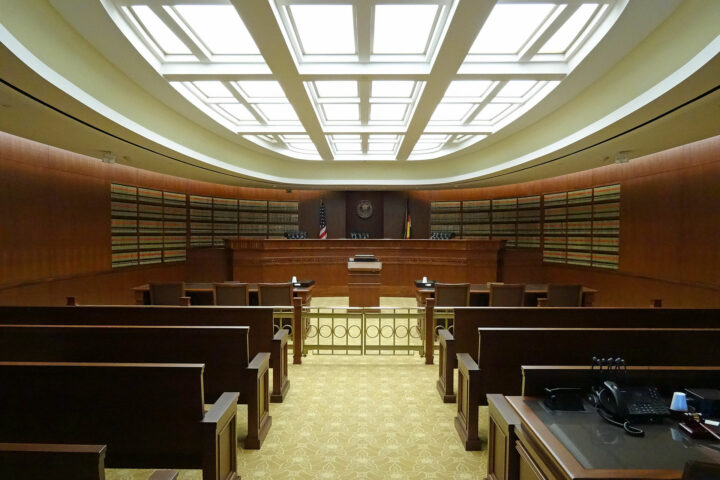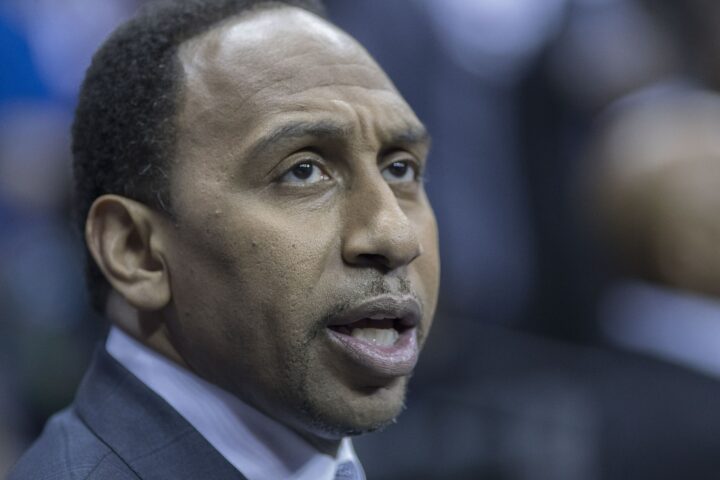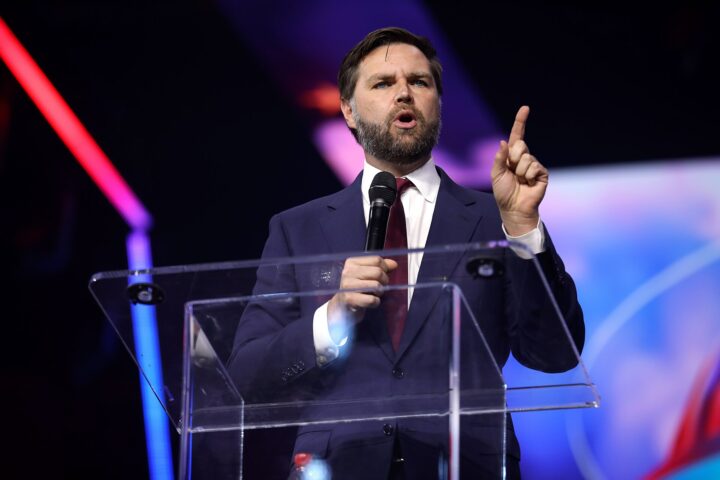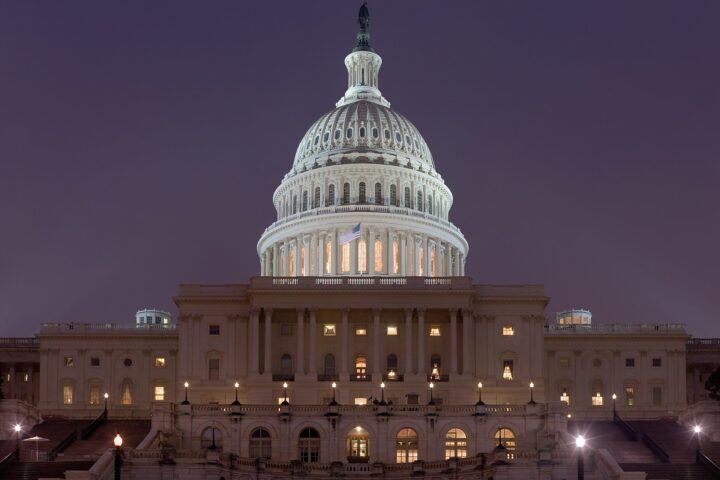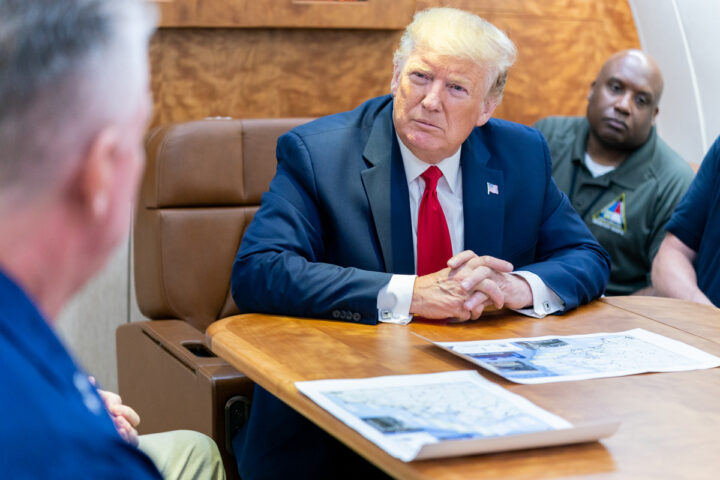Tensions between the United States and Venezuela reportedly escalated sharply this week after two Venezuelan fighter jets flew dangerously close to an American warship patrolling international waters in the Caribbean.
The Biden-era policy of limited engagement has given way to President Donald J. Trump’s aggressive posture, as the White House vows not to allow what it calls a “narco-terrorist cartel” to threaten U.S. forces or security.
On Thursday, two Venezuelan F-16s flew over the USS Jason Dunham, an Aegis guided-missile destroyer conducting anti-narcotics operations off Venezuela’s coast. Defense Department officials described the maneuver as a “show of force.”
The Pentagon quickly issued a public warning. “Today, two Maduro regime military aircraft flew near a U.S. Navy vessel in international waters,” the statement read. “This highly provocative move was designed to interfere with our counter narco-terror operations. The cartel running Venezuela is strongly advised not to pursue any further effort to obstruct, deter or interfere with counter-narcotics and counter-terror operations carried out by the US military.”
The United States followed through on that warning the next day, sending 10 F-35 fighter jets to Puerto Rico, according to two sources who spoke with Reuters.
The encounter came just days after the U.S. military carried out a strike on a suspected drug-smuggling vessel, killing 11 people aboard. Secretary of State Marco Rubio confirmed the action, writing on X: “Today the U.S. military conducted a lethal strike in the southern Caribbean against a drug vessel which had departed from Venezuela and was being operated by a designated narco-terrorist organization.”
The strike marked another flashpoint in the standoff between Mr. Trump and Venezuelan strongman Nicolás Maduro.
In early August, the president froze Venezuelan government assets — the most sweeping sanctions in decades — and placed a $50 million bounty on Maduro, calling him a “global drug trafficker.”
Maduro responded by sending more than 15,000 troops to the Colombian border. “There’s no way they can enter Venezuela,” he boasted.
For Washington, Maduro is not simply an authoritarian leader but the head of what the Justice Department has long described as a criminal enterprise.
In 2020, during Mr. Trump’s first term, the DOJ indicted Maduro and 14 senior officials on charges of narco-terrorism, drug trafficking, money laundering, and corruption.
Prosecutors alleged a decades-long alliance with the FARC — once one of Latin America’s most notorious Marxist guerrilla armies — to ship cocaine into the United States via the military-run Cartel of the Suns. The indictment included a $15 million reward for information leading to Maduro’s arrest.
Mr. Trump has framed the current deployments as part of a broader defense of American sovereignty. In August, he directed the Pentagon to send troops and warships to the region in response to what he called “threats to U.S. national security from specially designated narco-terrorist organizations.”
For conservatives, the confrontation illustrates the stakes of confronting failed socialist states. Supporters say the aggressive strategy contrasts sharply with years of leniency that allowed Venezuela’s narco-state to metastasize into a direct threat.
[READ MORE: Biden Seen With Large Gash After Cancer Surgery]

